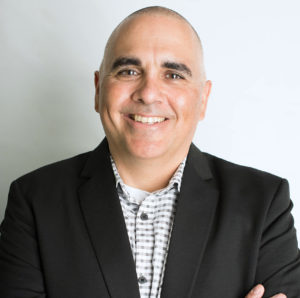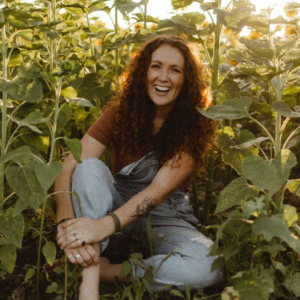I'm so excited to introduce you to this week's guest on Pep Talks for Side Hustlers, Nacondra Moran of Exceptional Tax Services!
Nacondra is the owner behind Exceptional Tax Services where she offers Simplified Tax and Bookkeeping Services to Small Business Owners. She has saved her Clients thousands in Taxes and MILLIONS in headaches. Her Clientele includes Creatives and Online Entrepreneurs where she takes their Business from Reactive to Proactive while giving them the tools, advice, and education to grow their Business. Her background began as an IRS employee for 4 years and she eventually branched out on her own as a Licensed Enrolled Agent after becoming a Mother. She yearned for freedom and entrepreneurship has given her just that. She is a Wife and Mom to 3 kids, 1 8-year-old daughter, and a set of 5-year-old twin boys.
Push play to listen to this week's episode, or read the full transcript below!






